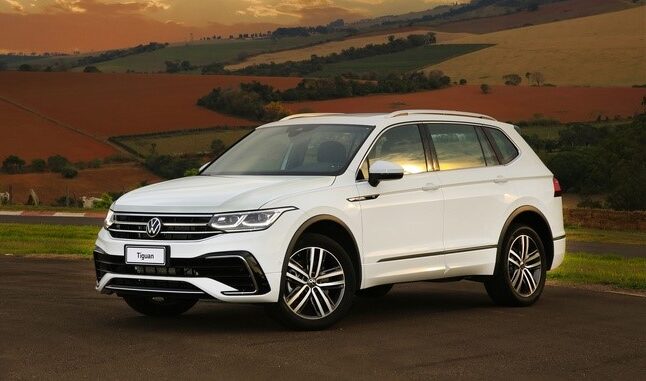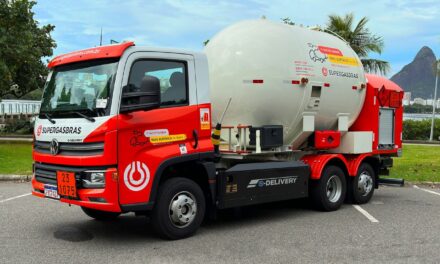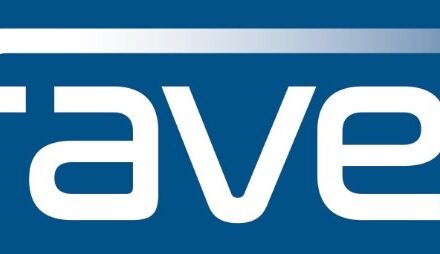By George Guimarães | 9/11/23 | Translated by Jorge Meditsch
The Mexican Tiguan is back in the Brazilian market after almost two years. The seven-place SUV is still in the second generation, launched in 2018, but went through a light visual update and technical and content changes.
Volkswagen did not disclose the SUV’s arrival date at the dealers nor the main changes other than those visible in the body, which are discreet and known in Europe and North America for three years, before the importation to Brazil was interrupted.
The return of the Tiguan yet this year is a way to fill a hole in the brand’s SUV lineup, which includes the T-Cross, Nivus and Taos. The model’s new generation was presented last week – still under camouflage – at the Munich Autoshow and is confirmed only for 2024.
Nonetheless, it is a reinforcement that can make a difference still in 2023 in the brand’s fight for the unprecedented lead among the SUVs, the Brazilian market’s larger segment.
According to Fenabrave, Volkswagen sold 87.461 sport-utilities in Brazil from January through August, versus 87.405 units from Jeep, market leader since it began producing in Pernambuco in 2015. Each one’s share after the first eight months of 2023 was 17.97% and 17.89%, respectively.
Including its first five-passenger version launched in 2009, then produced in Germany, the Tiguan sold more than 60 thousand units in Brazil. The second and current generation was presented in 2018 as the Tiguan Allspace with seven places and produced in Puebla, Mexico.
In 2021, when shipments to Brazil ceased, 3.4 thousand units were licensed, including the five-place version, which is not yet defined to return in 2023.

Volkswagen’s marginal lead in the segment was achieved for the first time from January through July, with a 500-vehicle advantage. Volkswagen’s historic overtaking is due both to its market growth over the market average and Jeep’s sales decline.
The sport-utility segment reached 48 thousand registers until August, 11% more than last year. In the same comparison, VW grew more than 2o% and Jeep sales fell by 1%.
Volkswagen’s three SUVs growth stand out. The T-Cross leads the segment with 46 thousand registers. The Nivus had 32.3 units licensed from January through August, and the Argentinian Taos went from 6.7 thousand to 9.1 thousand units in the period, a 35% jump over last year.
- Salão de Xangai norteia e antecipa oferta também para o consumo ocidental - 28 de abril de 2025
- Mercedes-Benz coloca seu micro-ônibus no campo - 25 de abril de 2025
- DRiV tem três novas marcas globais para a reposição no Brasil - 23 de abril de 2025










